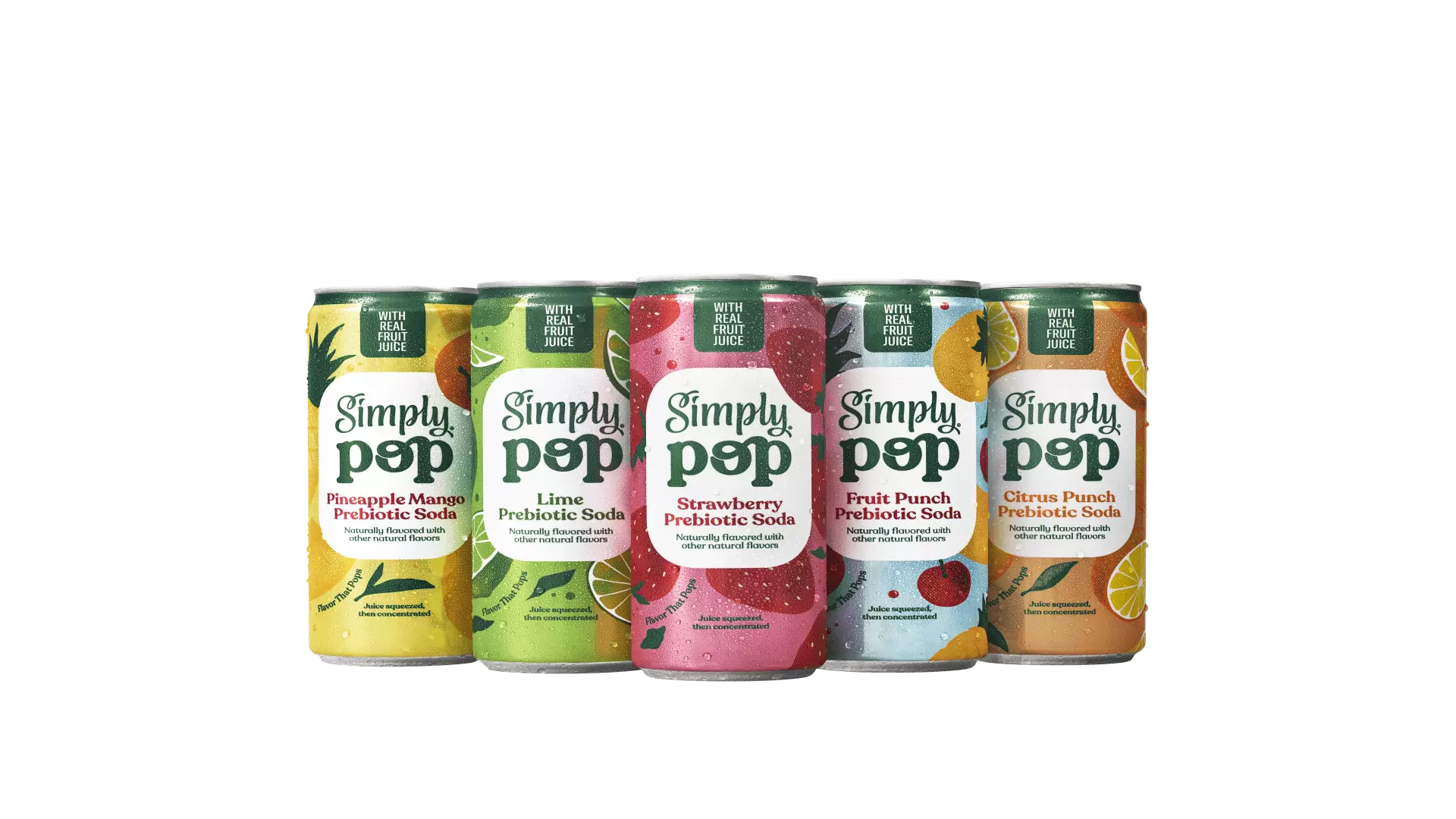In recent years, consumer preferences have shifted dramatically within the beverage industry, particularly in the realm of sodas. Increasing health awareness among consumers has drastically affected traditional soda sales, leading to a notable decline over the past two decades. However, one segment has risen from the ashes of conventional soda consumption: prebiotic drinks. As attributed to health-conscious newcomers like Olipop and Poppi, this niche has seen a meteoric rise, transforming from a mere $197 million category in 2020 into an anticipated $440 million market by 2024, according to data from Euromonitor International.
Coca-Cola, a titan in the beverage industry, is not one to remain passive amidst a changing landscape. Recently, the company announced the launch of its new prebiotic soda brand, Simply Pop, which will debut in select regions of the U.S., specifically on the West Coast and in the Southeast, beginning in late February. This strategic move signifies Coca-Cola’s intent to capture a slice of the burgeoning health-centric beverage market.
One of the standout features of Simply Pop is its formulation. Designed with health-conscious consumers in mind, these beverages will contain no added sugar and incorporate between 25% to 30% real fruit juice. With flavors such as pineapple mango, lime, and strawberry, Coca-Cola appears to be aligning itself with the tastes and preferences of a younger demographic, particularly millennials and Gen Z, while echoing the tropical and refreshing branding of its existing Simply juice line.
Moreover, Simply Pop claims to leverage prebiotic fiber—boasting six grams per serving, which positions it as a more fiber-rich option compared to its competitors, somewhat overshadowing Poppi’s three grams. However, it does fall short compared to Olipop’s nine grams. Nevertheless, it is essential to remember that while prebiotics are associated with promoting gut health, the scientific community remains divided regarding the extent of these claims.
Despite Coca-Cola’s deep pockets and extensive marketing resources, entering an already competitive market will not be without challenges. New brands such as Olipop have already established a loyal customer base and made significant inroads in marketing innovative benefits associated with gut health. For instance, Olipop’s recent $50 million fundraising at a valuation of $1.85 billion showcases just how lucrative the prebiotic segment has become.
In addition, Poppi’s recent Super Bowl advertising, which cost the company up to $8 million to reach an expansive audience, demonstrates the willingness of these newer brands to invest heavily in visibility and brand awareness. Coca-Cola will need to tap into similar creative marketing avenues in order to stand out in a crowded marketplace, as established brands can quickly become the target of consumer scrutiny, especially when health claims are involved.
The controversy surrounding Poppi, which is currently engaged in settlement talks regarding a lawsuit contesting the health claims of its products, serves as a cautionary tale for Coca-Cola. The company must tread carefully, ensuring that its messaging about Simply Pop is backed by credible scientific support to avoid potential pitfalls that could tarnish its reputation.
Coca-Cola’s longstanding legacy, marked by over a century of dominance in the soda industry, presents both opportunities and risks. While the company boasts significant resources and distribution capabilities, it has also experienced setbacks when venturing into emerging trends. For instance, the abrupt removal of the Coke Spiced flavor and a notable reduction of its Aha sparkling water distribution due to poor sales reflect how even a corporate giant can misstep.
As Coca-Cola embarks on this robust journey into the prebiotic beverage sector, it remains critical for the corporation to utilize its vast experience gleaned from previous launches. The beverage titan must embrace agility in adapting to consumer demands, fostering innovation that resonates with a growing base of health-conscious consumers.
Coca-Cola’s introduction of Simply Pop as a prebiotic soda seeks to reclaim a market segment that’s increasingly coveted among health-oriented beverage options. While the potential for growth is substantial given the rising demand for functional drinks, the company faces significant challenges from established players and scrutiny from health advocates. However, with careful execution and customer engagement, Coca-Cola could turn Simply Pop into a beloved brand within this niche market, heralding a renewed phase of growth in the soda category.


Leave a Reply